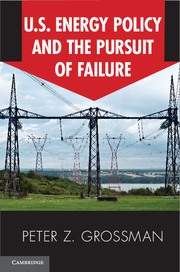6 - Apollo
Published online by Cambridge University Press: 05 March 2013
Summary
The first man I saw was of a meagre aspect, with sooty hands and face, his hair and beard long, ragged, and singed in several places. His clothes, shirt, and skin, were all of the same colour. He has been eight years upon a project for extracting sunbeams out of cucumbers, which were to be put in phials hermetically sealed, and let out to warm the air in raw inclement summers. He told me, he did not doubt, that, in eight years more, he should be able to supply the governor's gardens with sunshine, at a reasonable rate: but he complained that his stock was low, and entreated me “to give him something as an encouragement to ingenuity, especially since this had been a very dear season for cucumbers.” I made him a small present, for my lord had furnished me with money on purpose, because he knew their practice of begging from all who go to see them.
– Jonathan Swift, Gulliver's Travels, Part II, Chapter VIntroduction
On July 16, 1945, in the New Mexico desert, the United States demonstrated one of the most amazing feats in the history of scientific and technological development: the explosion of the first atomic bomb. As General Leslie Groves described it in a memo to the Secretary of War, the test was “successful beyond the most optimistic expectations of anyone” (in Cantelon et al. 1991, 52). The effort was paid for, organized, and brought to fruition by the U.S. government's vast, costly Manhattan Project. It clearly shortened World War II and without a doubt represented an astonishing achievement that changed global politics and the nature of war. Its success was a source of considerable pride for many in the United States who believed that Americans had demonstrated the nation's technological and scientific preeminence.
- Type
- Chapter
- Information
- US Energy Policy and the Pursuit of Failure , pp. 218 - 244Publisher: Cambridge University PressPrint publication year: 2013

